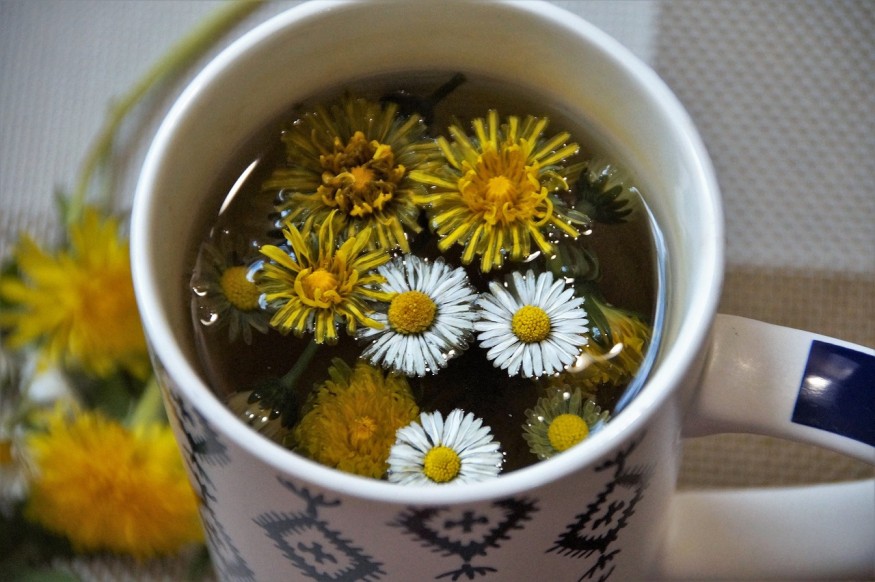
In recent years, the trend of parasite cleanses has gained popularity, spurred on by social media influencers and targeted online advertisements. These cleanses, however, remain unapproved by the Food and Drug Administration and are based on the unsubstantiated belief that specific herbal concoctions can eliminate gut parasites.
Parasites, classified as living organisms that thrive off host organisms, encompass protozoa, helminths, and ectoparasites, posing health risks worldwide. While parasitic infections are commonly associated with tropical regions and rural settings in low-income countries, they also affect individuals in the United States. In fact, prevalent infections in the U.S. include Chagas disease, toxocariasis, and toxoplasmosis, among others.
Nutrition experts unanimously emphasize that the sole reliable method to identify a parasite infection is through medical diagnosis. New York-based dietitian Nicole Rodriguez, RDN, underscores this point, highlighting that common symptoms such as diarrhea, nausea, vomiting, abdominal pain, gas, and fatigue can stem from various causes beyond parasitic infections.
Sylvia Klinger, M.S., RDN, notes that symptoms resembling those of parasitic infections, such as food poisoning and indigestion, further complicate self-diagnosis. Given the overlap in symptoms between parasitic infections and other medical conditions, seeking professional medical advice is crucial rather than attempting self-diagnosis and treatment.
According to the CDC, parasitic infections can be acquired through several routes: direct contact with animals, such as touching pets or handling contaminated produce from animal farms; improper food handling practices and inadequate cooking temperatures; transmission via blood, such as through transfusions or needle-sharing; insect bites from carriers of parasites; and consumption of contaminated or untreated water.
These varied pathways illustrate the multiple ways in which parasitic organisms can enter the human body, emphasizing the importance of hygiene, safe food preparation, and access to clean water in preventing such infections.
When facing a potential parasite infection, the primary route to eliminate it is through a physician-prescribed treatment plan, often involving prescription medications such as antibiotics.
However, some individuals may bypass medical diagnosis due to reluctance to undergo testing or a preference for natural remedies, like herbal cleanses.
Popular Natural Methods for Parasite Cleanse
Papaya Seeds
Recent studies, such as those cited in Biology and BioMed Central Complementary and Alternative Medicine, explore the potential of papaya seeds in reducing parasitic worm infections, particularly among schoolchildren in Africa. However, insufficient evidence exists to recommend papaya seeds as a reliable self-treatment option.
Garlic
Garlic, a staple in Eastern medicine for centuries, is purported to possess antimicrobial properties beneficial in combating parasites. Research highlighted in a 2018 Medicines publication suggests garlic and onions, both members of the allium family, historically treated parasitic infections. Despite these claims, the exact quantity of garlic required and its efficacy in completely eradicating gastrointestinal parasites remain uncertain, according to Rodriguez.
Pumpkin Seeds
Although animal studies propose that pumpkin seed extract may impede intestinal parasite growth (International Journal of Molecular Sciences), its efficacy in humans remains unverified. While pumpkin seeds offer notable health benefits, they should not be relied upon as a standalone treatment for parasite infections.
Diet's Role in Parasite Cleansing
Nutritionally, a balanced diet rich in fiber, probiotics, and prebiotics supports gut health, potentially aiding in parasite management under medical supervision. Herbal supplements marketed for parasite cleansing lack substantial scientific backing and are not recommended without professional oversight.
Cautions and Considerations
According to experts, there is no clinical evidence supporting the efficacy of parasite cleanses. Medical treatment tailored to specific parasites is necessary for effective eradication. Herbal remedies and dietary supplements are not regulated by the FDA, making their efficacy and safety uncertain.
"Parasite cleanses are worthless and not worth spending your hard-earned money on," Klinger said, EatingWell reported.
"It can't be overemphasized enough that parasitic infection requires a diagnosis. Prescription medications vary based on the type of parasite and can more reliably clear the body of infection in less time. As with any supplement or cleanse, whatever you're purchasing isn't regulated by the FDA, so there's no legitimate way to tell if you're "detoxing" your body or just clearing out your wallet," Rodriguez stated.
